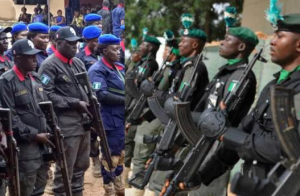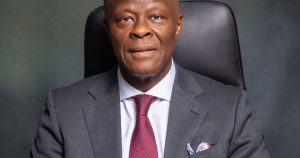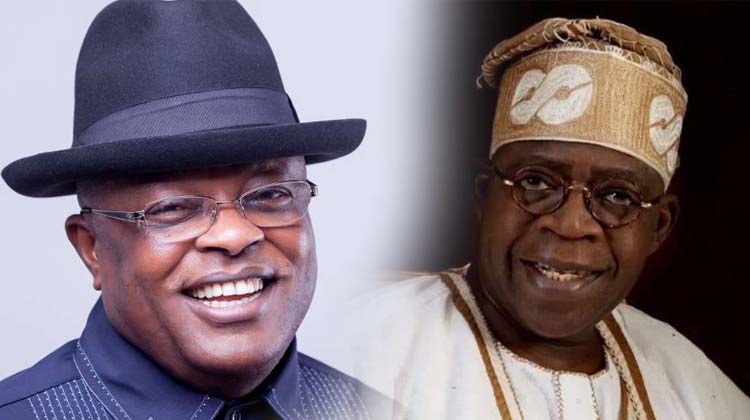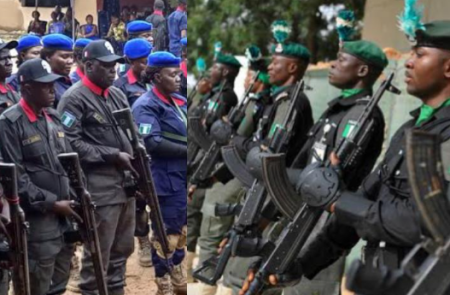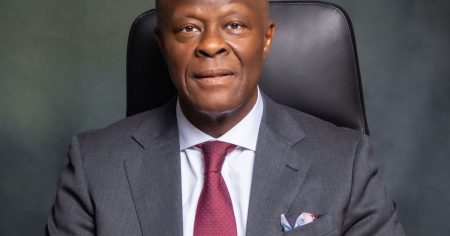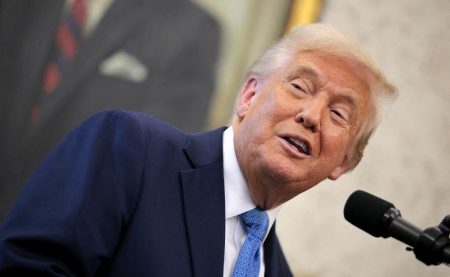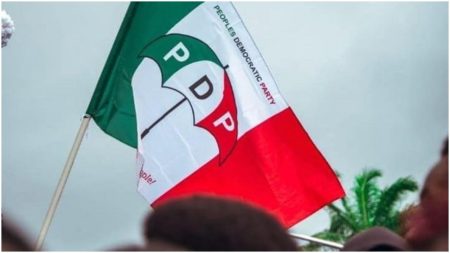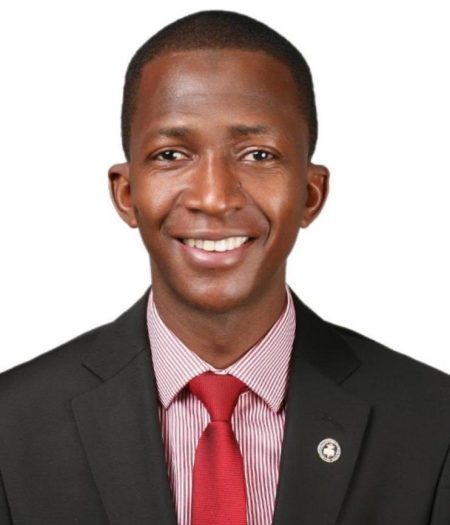President Bola Tinubu inaugurated the reconstructed Lekki-Epe Deep Seaport road in Lagos State, commending the Minister of Works, David Umahi, and Aliko Dangote, Chairman of the Dangote Group, for their contributions to the project. Beyond the road inauguration, the President’s address focused heavily on the broader Lagos-Calabar Coastal Highway project, a key component of his administration’s infrastructure development agenda. He explicitly directed Umahi to disregard critics of the multibillion-naira highway, asserting the project’s importance for industrialization, economic growth, and job creation. Tinubu highlighted the progress made on Section 2 of the highway, with over 10km completed out of the planned 55km stretch. He also mentioned ongoing work on other sections and related projects, such as the Trans-Saharan Trade Route connecting Calabar to Abuja and a planned corridor linking Akure, Jos, Bauchi, and Gombe. The President’s message underscored his commitment to extensive infrastructure development across the nation.
The inauguration ceremony extended beyond the Lekki-Epe road to encompass a range of other infrastructure projects. Tinubu announced the commissioning of the Lekki Deep-sea port and flagged off numerous construction and rehabilitation projects nationwide. These included sections of the Sokoto-Badagry Superhighway, the Lagos-Calabar Coastal Highway, the Zaria-Kano road, and the Ipua-Gaboru-Gala Road, among others. The list also featured projects involving dualization and ring road construction in various states, showcasing the administration’s focus on improving connectivity and transportation infrastructure across the country. The President’s announcements reflected a substantial investment in infrastructure, aimed at driving economic development and improving the lives of Nigerians.
Continuing his address, President Tinubu emphasized the significance of the tax credit system in facilitating these infrastructure projects. He specifically highlighted projects utilizing tax credits, including sections of the Lokoja-Benin road and the dualization of the Kano-Daura-Kongoma Road. He also directed the Minister of Works to collaborate with the Surveyor-General of the Federation and state governors to streamline approval processes for infrastructure projects, advocating for a collaborative approach to development. Addressing concerns about unauthorized development, Tinubu called for a halt to planning approvals for illegal “islands” being created, signaling a commitment to responsible and sustainable land use.
Aliko Dangote, speaking at the inauguration, emphasized the Lekki Free Trade Zone and the Dangote Petroleum Refinery as testaments to President Tinubu’s vision, tracing their origins to Tinubu’s tenure as Governor of Lagos. He lauded the President’s foresight and emphasized that the current developments were just the beginning of larger industrial plans. Dangote particularly highlighted the “naira-for-crude” policy, crediting it with stabilizing petrol prices and benefiting Nigerians by ensuring consistent product availability at lower costs compared to neighboring countries. He argued that while petrol prices might still seem high to some Nigerians, they were significantly lower than in other West African nations.
Dangote further praised the administration’s “Nigeria First” policy, which promotes local patronage and self-sufficiency. He noted the alignment of this policy with the Dangote Group’s own vision of promoting local production and reducing reliance on foreign goods and services. Dangote’s remarks underscored the synergy between the government’s economic policies and the private sector’s investment strategies, highlighting the potential for collaborative efforts to drive economic growth and improve the nation’s self-reliance.
Minister of Works, David Umahi, added to the announcements by revealing plans for an ambitious infrastructure project: an undersea tunnel connecting the Lagos-Calabar Coastal Highway. This announcement, although lacking specific details at this stage, suggests the government’s willingness to explore innovative and large-scale solutions to enhance connectivity and transportation infrastructure. The undersea tunnel, if realized, would represent a significant engineering feat and further demonstrate the administration’s commitment to transformative infrastructure projects. The convergence of the road inauguration, project announcements, and policy discussions during this event signaled a strong focus on infrastructure development as a cornerstone of the government’s agenda for economic growth and national progress.


